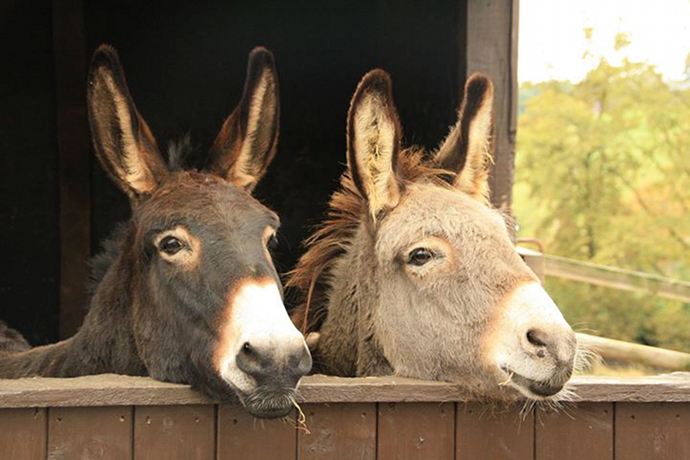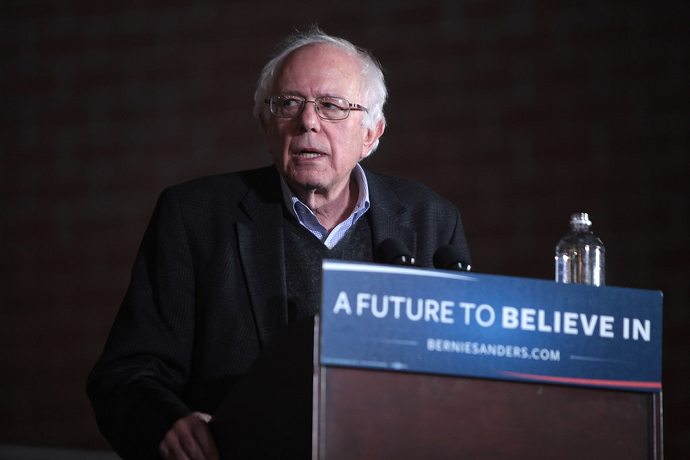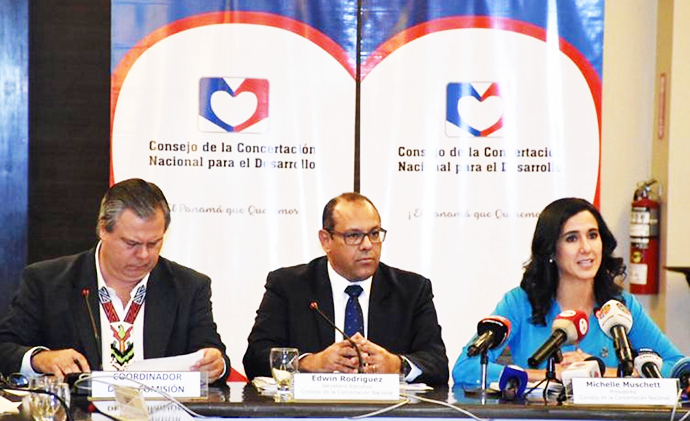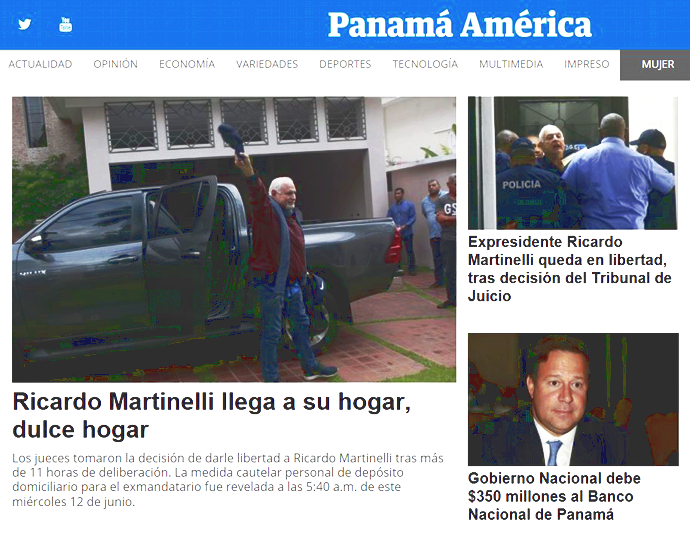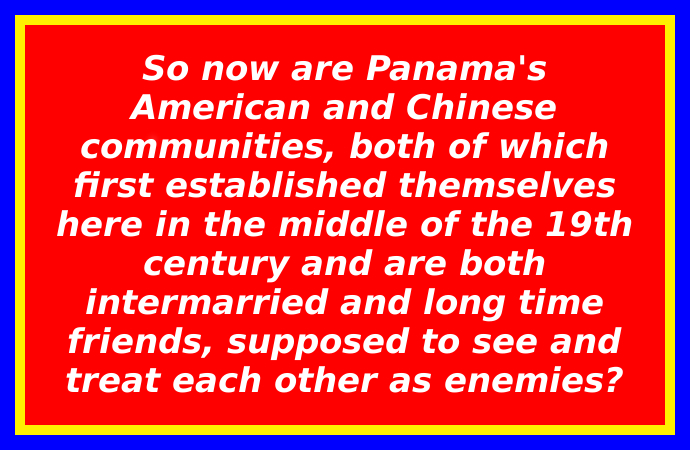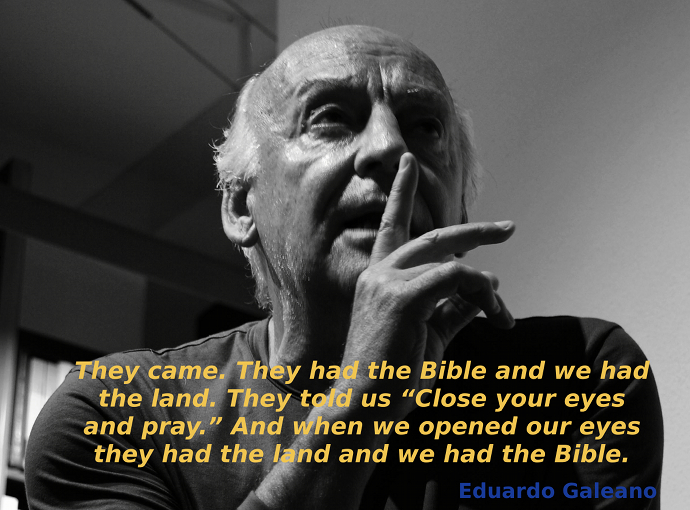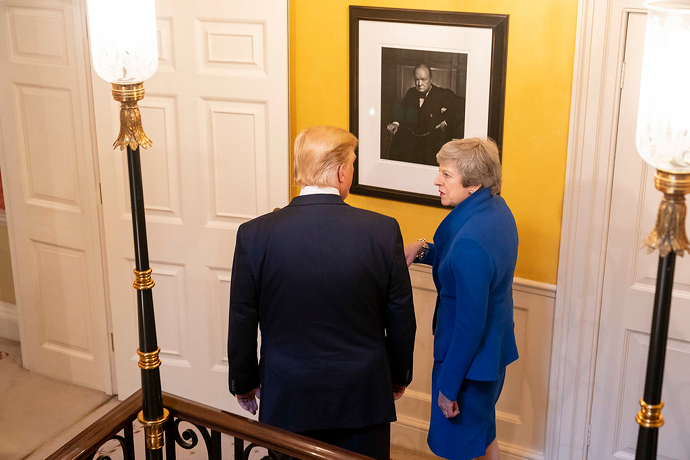Clearing the field
As a practical matter, the constitutional change process that Nito Cortizo has embraced is stillborn. The stuff coming out of the “Concertación,” the Chamber of Commerce and CoNEP is mostly banal, although there are a few interesting ideas. So many of the business proposals are about aggravating the hammerlock that a few rich families have on Panama’s government. If the allegedly more representative Concertación body screens out much of the worst stuff, they also don’t include much to address the real structural problems in Panamanian government.
The necessary prelude to structural change is a cultural change, which is well underway but not as advanced as it ought to be.
How do imperfect individuals promote the culture in which a more decent government can flourish? As individuals, by acknowledging and limiting our bad sides. By asserting our own self-interest, which rebels against the notion of government according to the principle that everybody steals. By accepting vices for what they are, and if not going on extreme and pointless crusades against them, at least not pretending that they are virtues. By being more demanding customers, both in the notions that we buy and in the people and institutions with which we are willing to do business. By abstaining from personal participation in public corruption.
Moving from the individual to the institutional, if the Cortizo administration is to sponsor any constitutional change that’s both successful and worthwhile, one of the things that needs to happen during its tenure is accountability for what has gone before.
It need not be extremist, as in the longer sentences under more brutal prison conditions that has been a staple of US politics for so long and with so little positive to show. In some cases the accounting need not take place within the criminal justice system.
However, we can’t go on with Ricardo Martinelli, in or out of prison, controlling major communications media that were purchased with the proceeds of public corruption and then boosted with government advertising — those are stolen properties and it’s not an attack on freedom of the press to confiscate them and make new arrangements for their continuation that do not conflict with the public interest. We can’t go on awarding public works contracts to people and companies who stole from us, no matter what any plea bargain in a criminal case may have provided. We can’t continue with our sports federations incorporated into predatory political patronage schemes. We can’t let phalanxes of lawyers interposing delays to in the end thwart justice for obvious crimes, and then have the guilty emerge to wave their impunity in our faces.
Obstacles need to be cleared away before Panama can lay the constitutional foundations to build better public institutions. The next president can do some of that administratively, without haggling with the legislature or courts. He shouldn’t interfere with the courts, but that should not stop him from taking public notice of their weaknesses and failures, appointing honest and capable magistrates and proposing appropriate reforms to the laws under which they operate.
Nito Cortizo is president-elect on the strength of a plurality of just over one-third of the vote. He was not elected as dictator. However, he’s in a position to become a far more popular leader, not the caudillo who lulls people into trusting in whatever he does but the statesman who inspires people to act on their own behalf.
It’s not Panama’s fight: we should resist any conscription into it
There are nasty things that people can truthfully say about China and some of its government’s policies. There are nasty things that people can truthfully say about the United States and some of its government’s policies. They could say unflattering things about Panama and Panamanians, too. But this country’s central economic activity is as an international transportation and commercial crossroads, such that joining any hue and cry against China or the United States would be bad for business.
We should recognize that white racism is a fundamental aspect of the current US administration, and that China has Han racism as part of its historical baggage and current problems as well. But in Panama there is no room for racial or ethnic hatreds. Foreigners who try to import them should be kicked out. Panamanians who embrace them should be scorned.
We are witnesses to an unfolding battle over technological platforms, and without much capacity to establish our own alternative ones. Let’s see who comes out on top there, but Panama should not obey US orders to boycott Huawei or impede international commerce in its products. Nor should Panama accept US demands to block Venezuelan oil and gas shipments to China. On the other hand, as a maritime nation Panama should not accept Chinese dictates about the law of the sea. Nor should we deny people persecuted in China for their beliefs asylum here, so as not to offend Beijing.
How does a small country maintain its independence when elephants get to fighting? By keeping our eyes wide open and being ready to duck when necessary. By acting together with other small countries, so as to avoid alignments being forced upon us. By sticking to principles of international law and ordinary decency.
And what about US citizens and Chinese citizens in Panama, and our larger ethnic gringo and chino communities? We should carry on as friends and neighbors, conducting business as usual. We should raise our voices against vilification and slander when we hear it.
Bear in mind…
Never go to bed mad. Stay up and fight.
Phyllis Diller
Of all God’s creatures there is only one that cannot be made the slave of the lash. That one is the cat. If man could be crossed with cat it would improve man, but it would deteriorate the cat.
Mark Twain
Do one thing every day that scares you.
Eleanor Roosevelt
These links are interactive — click on the boxes








